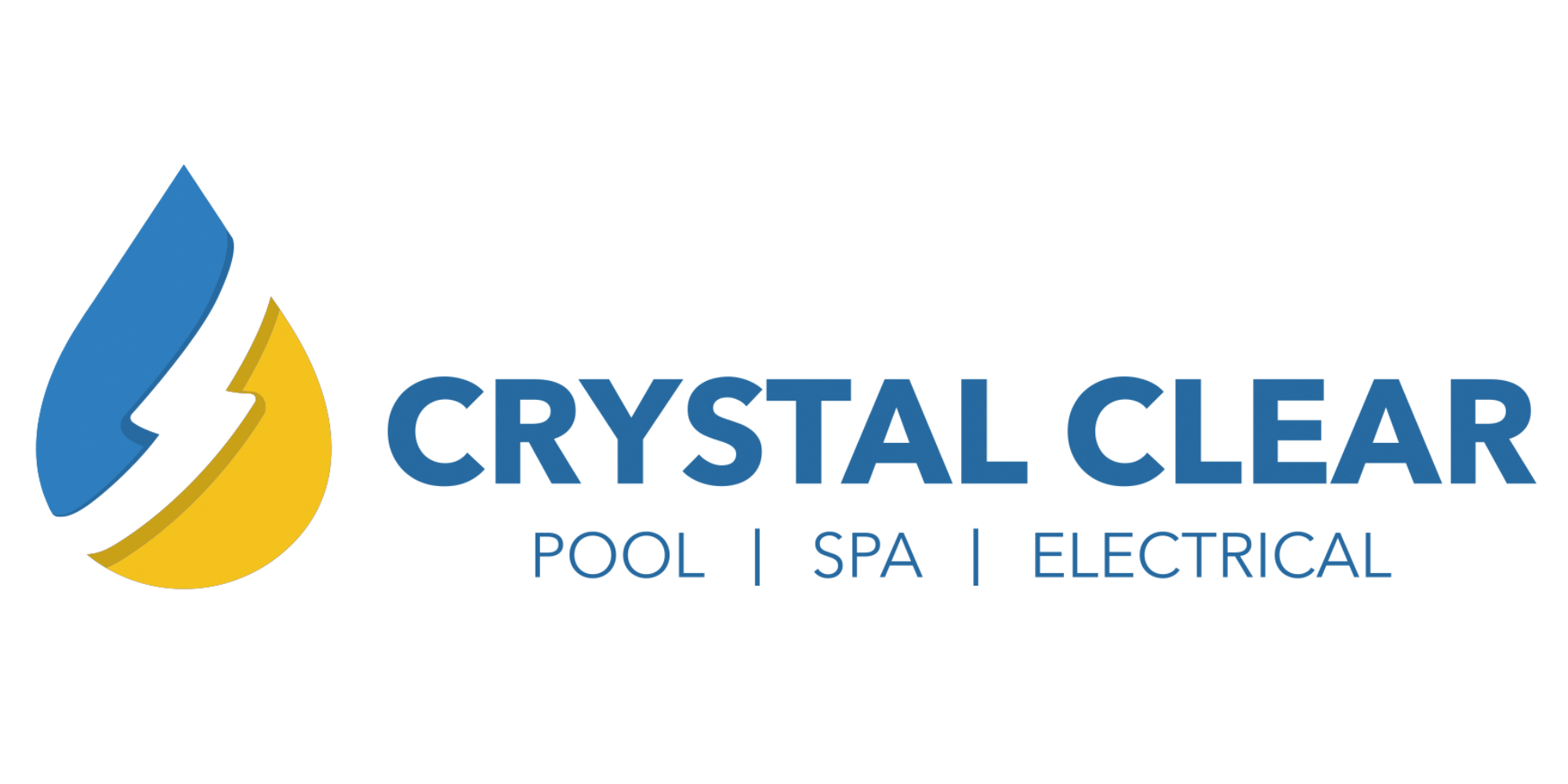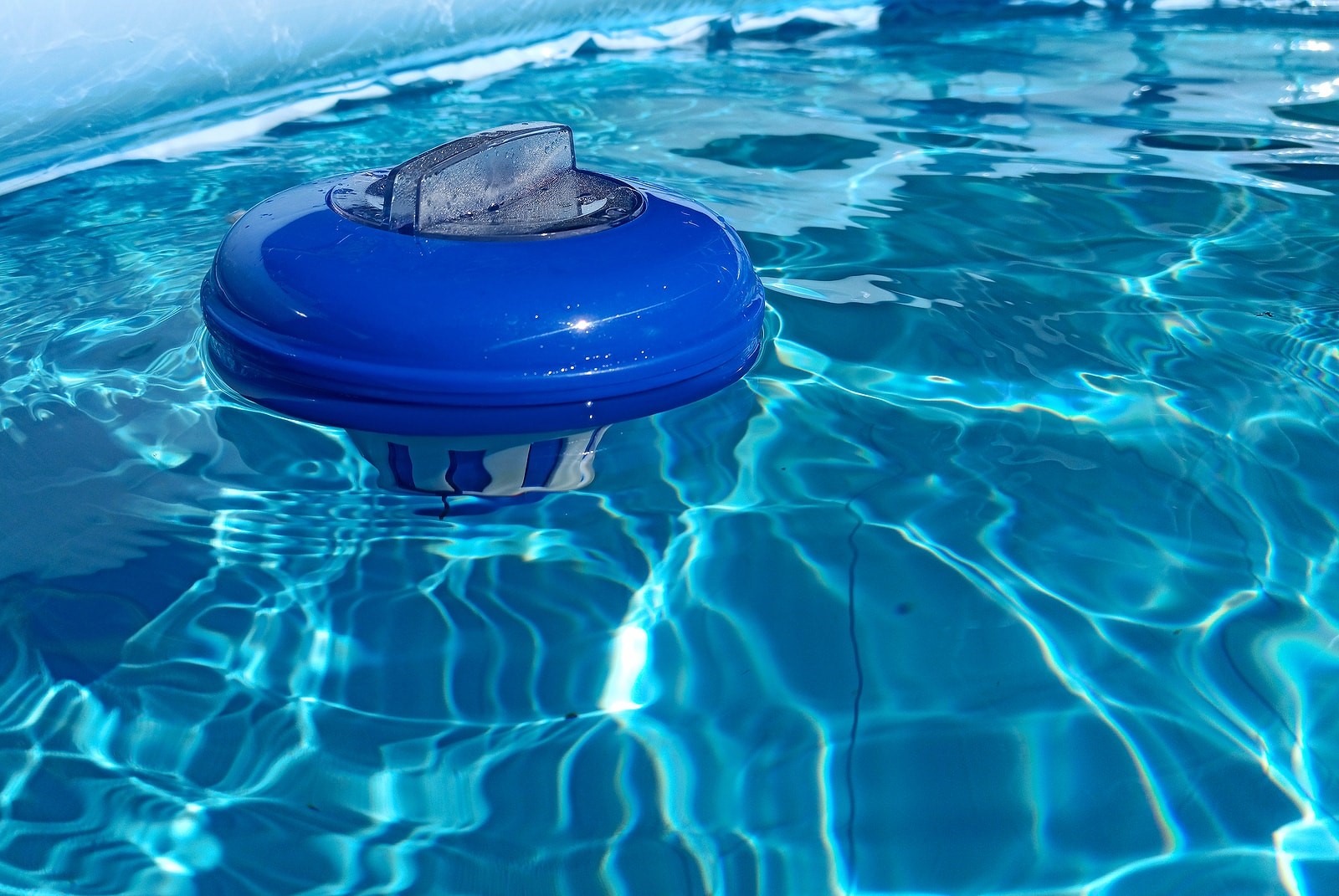If you’re already a pool owner or are planning to install one, you know that owning a pool requires comprehensive maintenance. Aside from using regular pool cleaning equipment, such as robotic cleaners and cleaning kits, you have several options to achieve optimal results.
Here, we discuss two systems of cleaning—chlorine systems, and salt chlorinators—focusing on the differences between them, so you can weigh your options.
Salt Chlorinators & Chlorine – What’s the Difference?
Salt chlorinators—or saline pool systems—utilise a saltwater generator to regulate and maintain the pool water. The generator will initiate electrolysis to convert salt into chlorine. Yes, chlorine is in pool salt! So even if you have a saltwater pool, there will still be a small amount of chlorine present in the water. The saltwater generator maintains the chlorine levels for you, reducing the use of testing kits to monitor and balance your pools.
On the other hand, chlorine systems involve adding chlorine manually into your pool water. The process is done weekly to achieve optimal water sanitation. Chlorine can be in the form of a tablet, stick, or liquid. They are then added to a pump system, or in a floating filter in your pool.
Which is the better option?
Though both are effective in maintaining your pool, determining the more suitable option will heavily rely on your priorities, budget, and type of pool.
- Cost
Installing a pool can be costly, the type of water system you have will influence your initial installation expense. With saltwater systems, you have to pay for the generator and installation. The average costs of saltwater chlorine generators are $1500 to $3,000. While high in upfront costs, salt chlorinators are low on daily operational expenses. On the other hand, chlorine systems don’t require installation fees. You will only need to pay for the chlorine tablets and testing equipment.
- Maintenance
Salt chlorinators self-maintain for up to two weeks. You only have to refill the salt, which will cost you around $90 a year. Remember to factor in the costs of energy consumption too, as saltwater generators require power to run (Usually around 150W for a couple hours a day).
Chlorine systems don’t require electricity nor any other special equipment to run, but you do have to refill pool chemicals every week, and you will need to shock your pools much more frequently than saltwater. Pool chemical costs can still vary depending on the size of your pool, and frequency of use.
- Health and safety
Salt chlorinators are much gentle on the skin and the hair. However, saline pool systems will still require low-level use of chemicals in the form of generator-produced chlorine.
With chlorine systems, you can take control over the distribution in the water. However, chlorine in a traditional pool will have higher concentration levels and may cause dry skin and eye irritation with too much exposure.
- Equipment
Though easy to use, saltwater can corrode pool equipment and lining. For homeowners with existing pools, you have the option to upgrade to salt-resistant equipment, to avoid surface corrosion. With chlorine, basic equipment such as pumps and filters will not corrode during use.
- ROI
Though the initial investment is higher, salt chlorinators are lower on operational costs. In a few years, your saline pool system will be able to pay for itself. With chlorine, the initial cost is low, but you have to spend more on maintaining the system, which can cost you up to $680 annually.
Choose the system that works for your pool!
Whether you already have a pool or are about to install one, know that both chlorine system and salt chlorinators are good options. It all boils down to the type of pool you have, and choosing the system that will work best with it.
If you decide to go for a salt chlorinator, choose polymer walls instead of metal to avoid corrosion. An inground fiberglass pool works best with a saltwater system, because of its salt-resistant material. If your pool is already in place, and you don’t want to spend on converting equipment to withstand the effects of salt, you can opt for the traditional chlorine system instead, to sanitise and clean your pool.
No matter what you choose, Crystal Clear Pools has the products for you! We provide a range of pool cleaners in NZ, including swimming pool salt, chlorine-free cleaning supplies, water test kits, pool chemicals, and more. Let Crystal Clear Pools manage your pool cleaning and maintenance needs. Contact us today!


